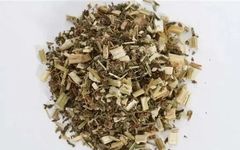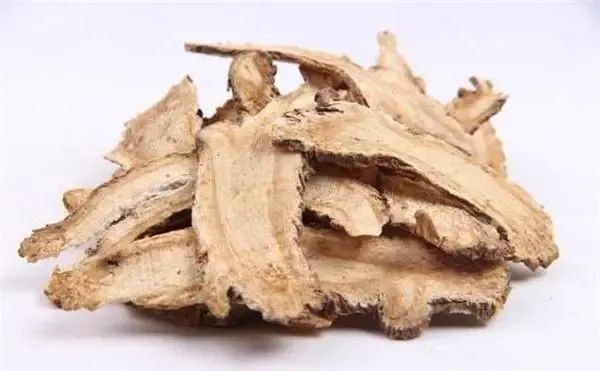
Dang Gui (Angelica Sinensis)
In Traditional Chinese Medicine (TCM), Dang Gui is considered warm in nature and is known for its excellent ability to activate blood circulation and replenish blood. Additionally, it can effectively alleviate menstrual irregularities and dysmenorrhea in women. Furthermore, Dang Gui has the ability to lower blood lipids and blood pressure, effectively dilating peripheral blood vessels and increasing blood flow in the coronary arteries, making it beneficial for certain arrhythmias.
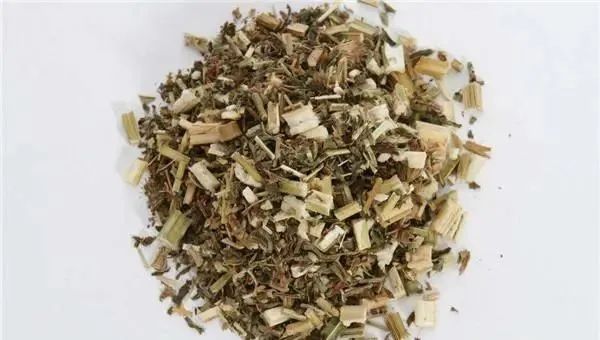
Yi Mu Cao (Leonurus japonicus)
Yi Mu Cao is cold in nature and bitter in taste, known for its excellent ability to regulate menstruation and activate blood circulation. Additionally, it has effects in removing stasis, relieving pain, and lowering blood pressure. After taking Yi Mu Cao, it can effectively dilate blood vessels in the body and regulate the secretion of adrenaline, positively influencing microcirculation.
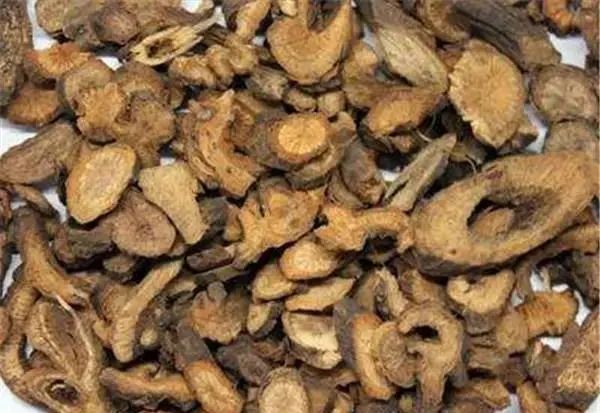
Chi Shao (Paeonia lactiflora)
Chi Shao is known for its ability to activate blood circulation, remove stasis, and cool the blood to relieve pain. It can significantly enhance coronary blood flow and output, and is also effective in regulating microcirculation. In cases of poisoning, convulsions, or pain, Chi Shao can help restore health. The recommended dosage is generally between 3 to 15 grams, and it should not be exceeded.
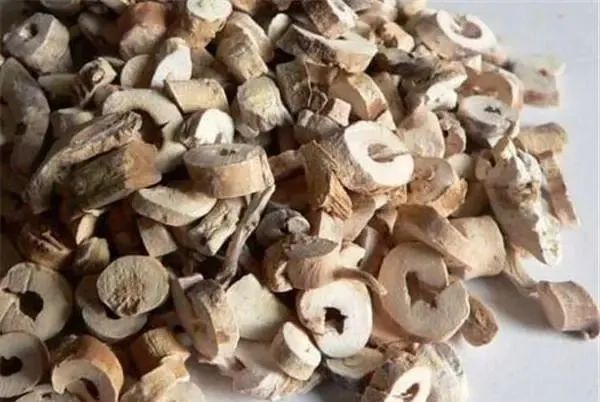
Dan Pi (Moutan Cortex)
Dan Pi also possesses excellent properties for activating blood circulation, removing stasis, and cooling the blood. It can effectively reduce the viscosity of capillaries, thereby inhibiting platelet aggregation in the body and exhibiting strong anti-inflammatory effects. Regular consumption of Dan Pi can also lower blood pressure, and it has notable antibacterial, hemostatic, antipyretic, and analgesic effects.
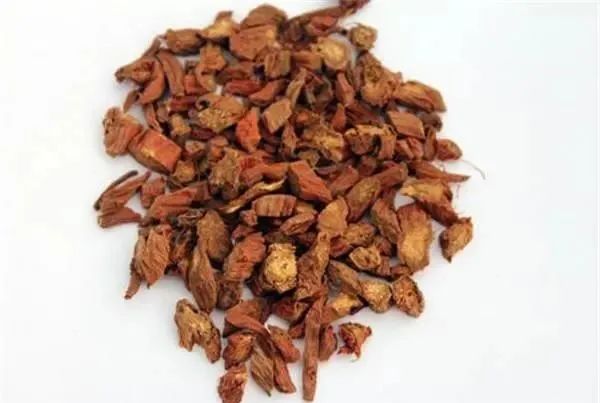
Dan Shen (Salvia miltiorrhiza)
Dan Shen is known for its high efficacy in nourishing blood, activating blood circulation, and removing stasis. It can effectively regulate heart rate and increase coronary blood flow. Additionally, it has anti-allergic properties, which are very beneficial for the body.
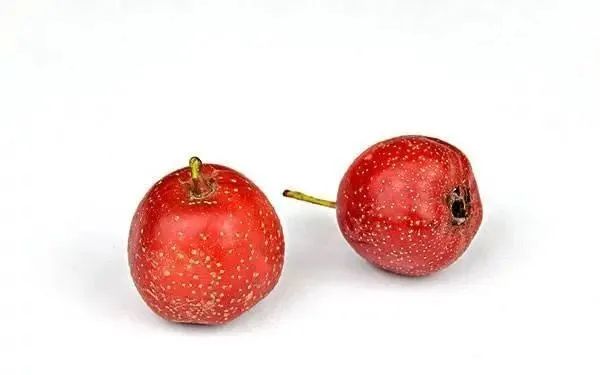
Shan Zha (Crataegus pinnatifida)
Shan Zha is not only well-known for its digestive properties but also has excellent effects in activating blood circulation and removing stasis. It can effectively lower blood pressure and blood coagulation, and also exhibits antibacterial, sedative, and cardiotonic effects. However, it is important not to exceed the recommended dosage, as excessive consumption can be harmful.
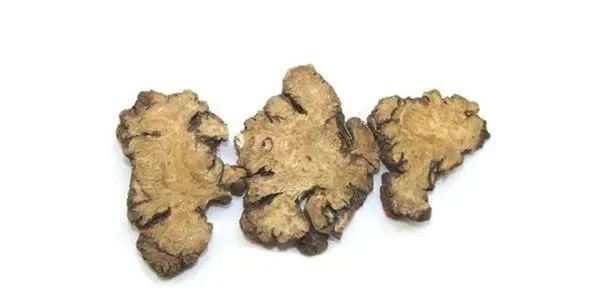
Chuan Xiong (Ligusticum chuanxiong)
Taking Chuan Xiong can effectively smooth the veins and regulate the flow of Qi and blood in the body. It can also inhibit the formation of blood clots and suppress the production of thromboxane A2. Additionally, it has a calming effect and is effective in lowering blood lipids.
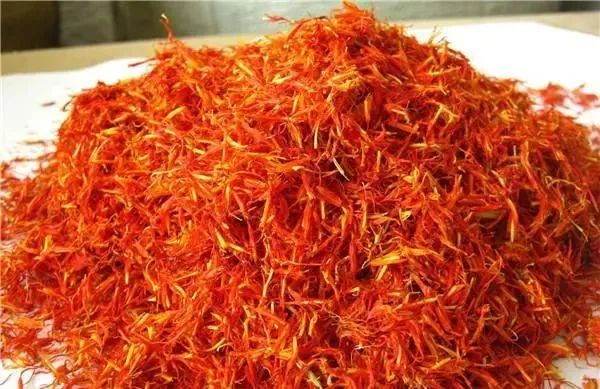
Hong Hua (Carthamus tinctorius)
Many people associate Hong Hua with its historical use in royal courts, believing it has abortifacient properties. In fact, Hong Hua is also one of the herbs that activate blood circulation and remove stasis. It can relieve pain and smooth the meridians, effectively dilating blood vessels and reducing the risk of hypertension. It also helps to regulate heart rate. However, caution should be exercised regarding the dosage, ideally between 3 to 10 grams, and it should not be used by pregnant women.
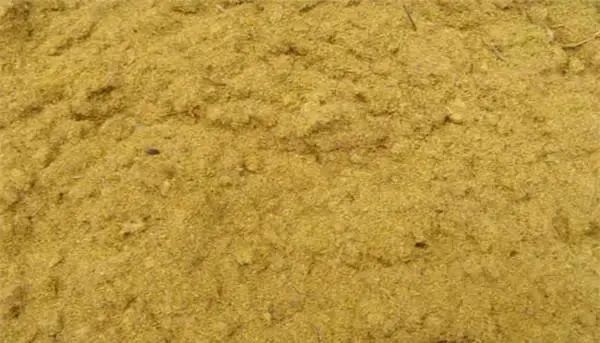
Sheng Pu Huang (Typha angustifolia)
This herb is cool in nature and has the effects of activating blood circulation, stopping bleeding, and removing stasis. It also has sedative, analgesic, diuretic, and swelling-reducing properties, as well as the ability to contract the uterus. After childbirth, women can take Sheng Pu Huang to promote recovery, but it should be avoided by pregnant women to prevent premature birth or miscarriage.
Warm reminder from Hunan Green Food Network: All Chinese herbs should be used according to the symptoms, and it is important to avoid random consumption. It is best to consult a doctor before taking any herbs.

